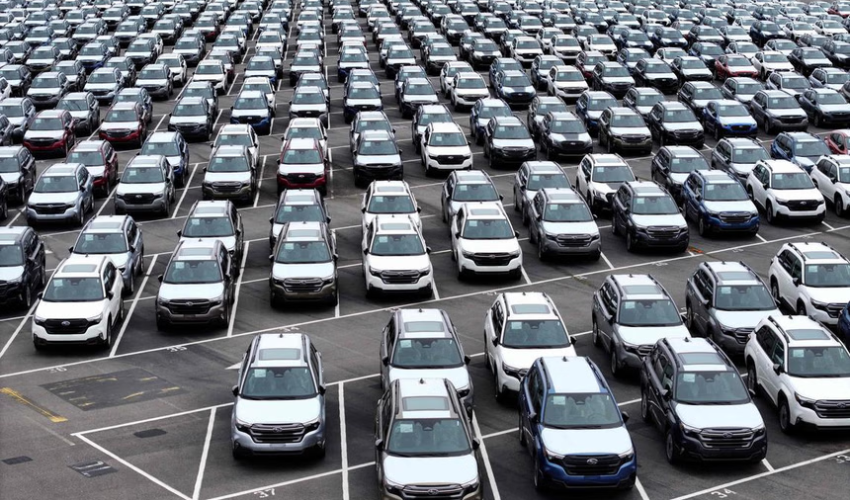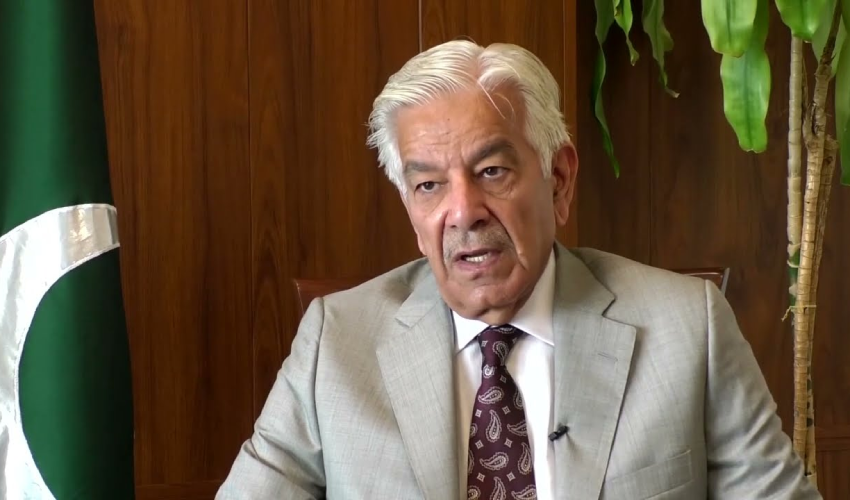U.S. President Donald Trump has signed an executive order to lower tariffs on Japanese automobile imports and other products, a move that brings long-awaited relief to Japan’s economy after months of trade uncertainty. The decision formalizes the trade agreement announced in July between Washington and Tokyo and includes $550 billion in Japanese investment in U.S. projects.
The order reduces tariffs on Japanese autos from 27.5% to 15%, set to take effect seven days after publication. It also ensures that the 15% levy will not be applied on top of existing higher tariffs, with retroactive relief from August 7. No tariffs will be applied to commercial airplanes and aircraft parts under the agreement.
Also Read: NAB Cases Against Bahria Town Karachi Rise to 14
The deal comes as Japanese automakers, including Toyota and Honda, have struggled under heavy U.S. tariffs. Toyota previously warned it could face a $10 billion hit from Trump’s trade policies. On Friday, shares of Japanese automakers saw a modest rise following the news, while South Korean automakers dipped slightly as they await a similar agreement with Washington.
As part of the deal, Japan will also increase imports of U.S. agricultural goods, including rice, corn, soybeans, fertilizer, and bioethanol, totaling around $8 billion annually. Tokyo has also committed to purchasing 100 Boeing planes and raising defense spending with U.S. firms to $17 billion each year, up from $14 billion.
Japan’s top trade negotiator Ryosei Akazawa welcomed the announcement, calling it a “steady implementation” of the July 22 agreement after months of tense talks.
The White House emphasized that Japan’s $550 billion investment package, which includes loans, equity, and guarantees from state-owned banks, will support U.S.-selected infrastructure and development projects. Two-way trade between the U.S. and Japan reached nearly $230 billion in 2024, with Japan holding a $70 billion trade surplus.
The agreement comes at a politically sensitive time for Japanese Prime Minister Shigeru Ishiba, whose ruling coalition has suffered defeats in recent elections. While the trade deal may strengthen his position, analysts warn he still faces growing challenges from within his own party amid public frustration over economic struggles.
This latest move not only cements stronger U.S.-Japan economic ties but also signals Washington’s intention to solidify trade alliances in Asia while keeping pressure on rivals like China and South Korea.





